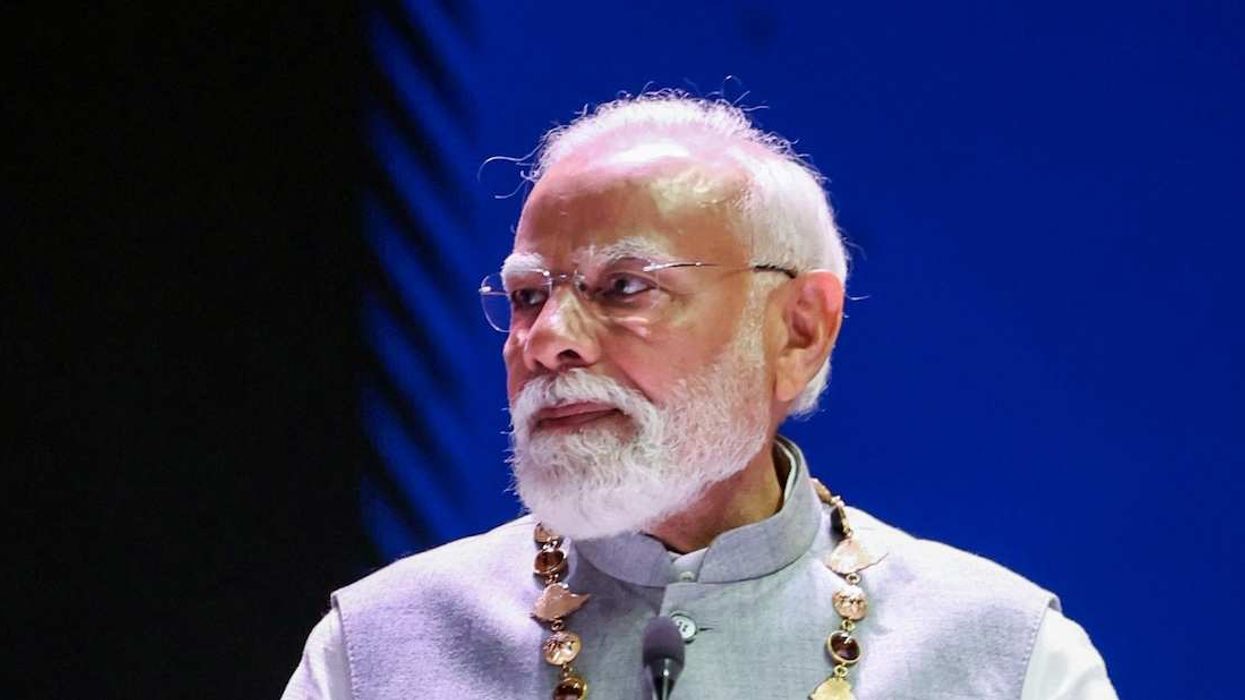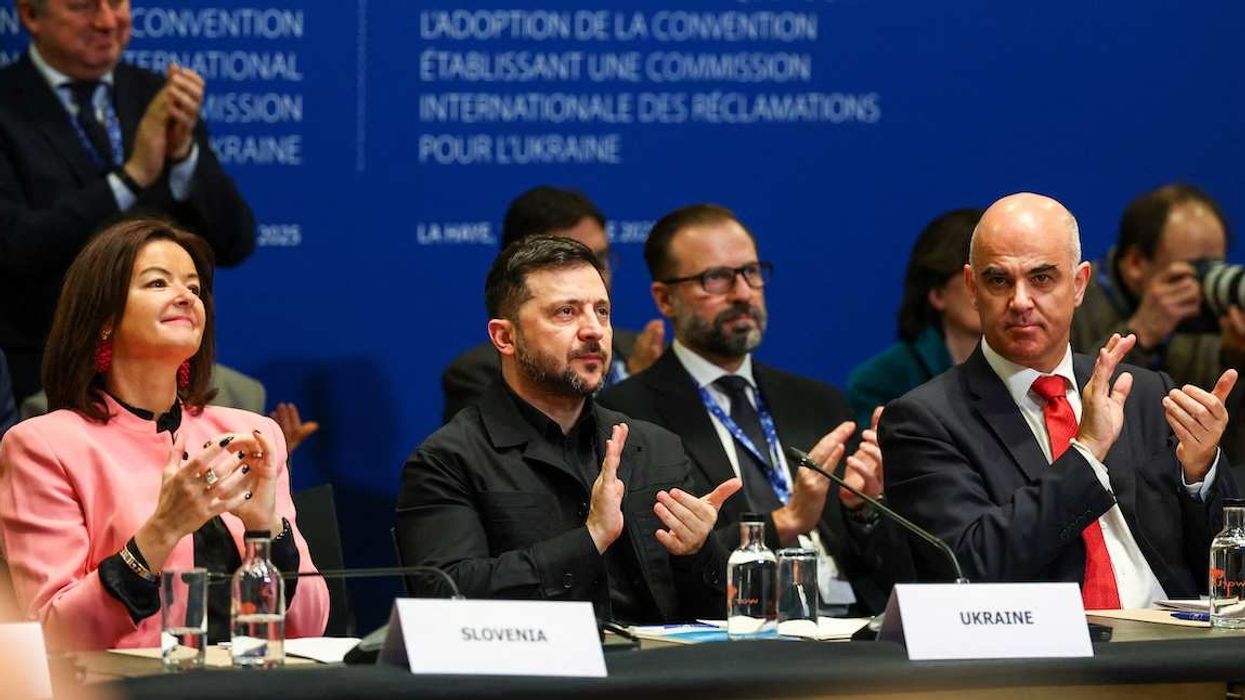South Korea’s political drama continues into 2025 after the issuance of an unprecedented arrest warrant against impeached President Yoon Suk Yeol. Yoon ignored three summonses to appear for questioning over the past two weeks on charges of insurrection and abuse of power. The charges stem from Yoon’s short-lived declaration of martial law on Dec. 3, 2024, over what he deemed “anti-state forces” and obstructionism by opposition rivals.
Since then, South Korea has impeached two presidents, including Yoon, and threatened to impeach its finance minister, new acting President Choi Sang-mok. But on Tuesday, Choi appointed two justices to the Constitutional Court, making it less likely that he’ll face the chop. Now there are eight sitting justices, and only six are required to uphold Yoon’s impeachment. This, says Eurasia Group regional expert Jeremy Chan, means the ruling will likely be made by March.
The turmoil comes at a fraught time, as the country faces increased belligerence from North Korea, which is growing ever closer to Russia. South Korea is also reeling from Sunday’s Jeju Air crash landing at Muan International Airport, which killed 179 passengers.
What happens now? Yoon has until Jan. 3 to surrender voluntarily, but his legal team says it will challenge the warrant. Yoon’s allies say he will also fight the underlying charges, and his supporters have organized protests against what they call a politically motivated prosecution.
Oh Dong-woon, head of South Korea’s Corruption Investigation Office for High-ranking Officials, warned that the arrest warrant against Yoon would be executed by Jan. 6, and that anyone seeking to block Yoon’s arrest could be prosecuted.
“Yoon will continue to defend the legitimacy of imposing martial law as a presidential prerogative while fighting against a separate criminal investigation into his actions,” says Chan. “He is nevertheless likely to face a lengthy imprisonment along with the officials who helped him plan and execute the martial law order.”



















